Any available placements will show above. Click on the available placement information for more details.
Flights: Grampus will email students with a flight option that fits within the travel grant and which arrives at a time that suits the host. Students are welcome to look for alternative flights, but the arrival times must match those of the offered flight and be within the travel grant. Students have to fund their own way to the UK airport. London flights
GHIC: Students must apply for a Global Health Insurance Card before the placement, and carry it on them at all times
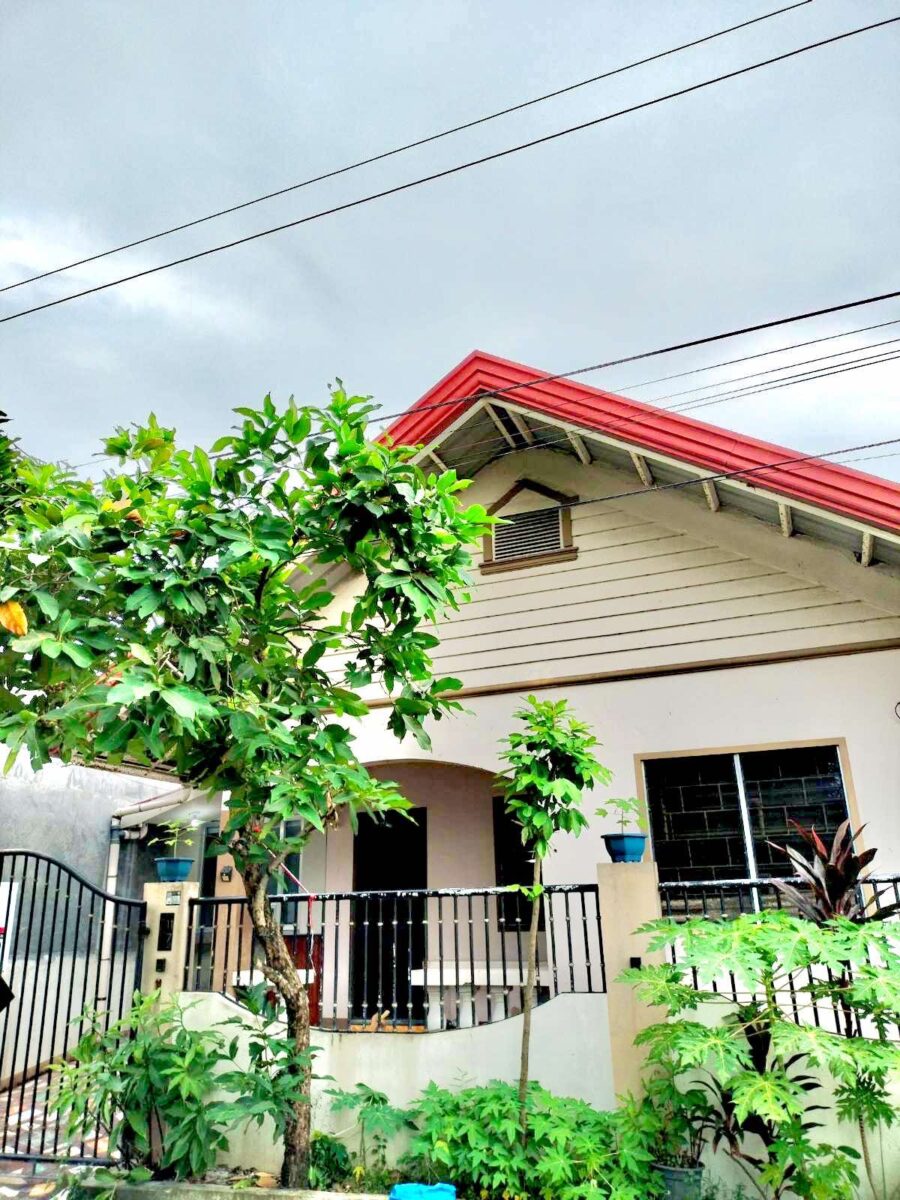
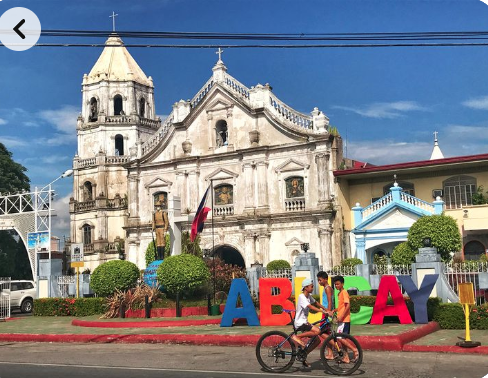
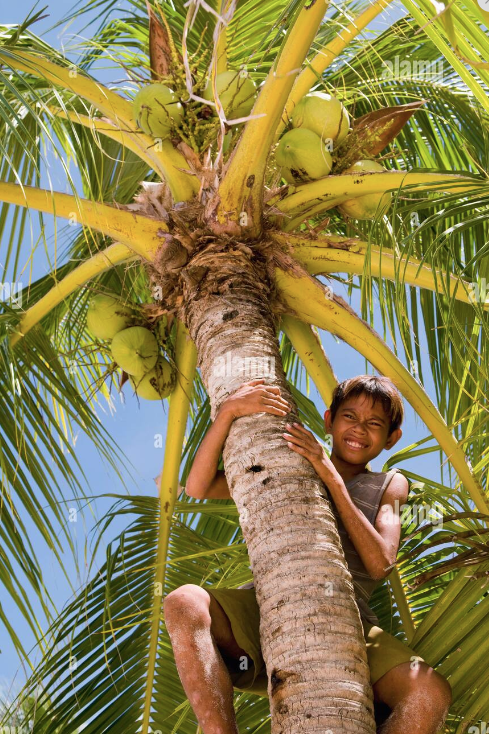
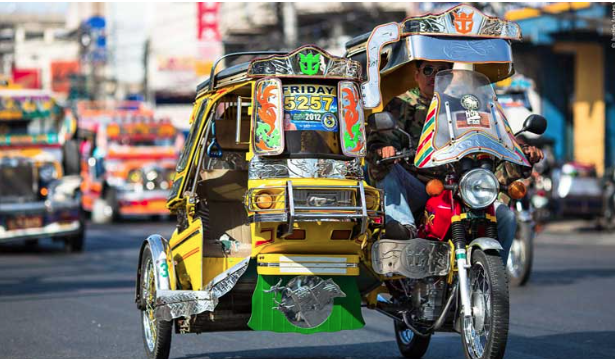
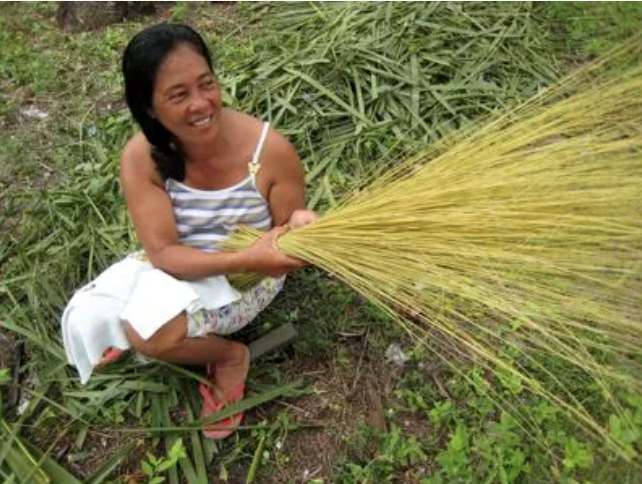
Introduction
DE’CAFE YARD is close to the coast on the west side of Manila Bay and is in a rural area in the Municipality of Abucay, a 3rd class municipality in the province of Bataan, Philippines. According to the 2020 census, it has a population of 42,984 people The business objectives of the organisation: currently working with local small farmers and small businesses to make and produce sustainable products. Encouraging farmers to produce quality coffee beans that hope to introduce to a wider market. They are currently developing links with educational colleges who are interested in short training placements at the farms and in craft businesses-for example, traditional wood carving, pots making, and creative use of bamboo.
UK students attending the programme will first be introduced to the nature conservation efforts in the area by visiting the Balanga Wetland and Nature Park on the coast. The park is home to migratory water birds that congregate at the mouth of the Talisay River. Black-headed Gulls, Pacific Golden Plovers, Whiskered Terns, Great Crested Terns, Purple Herons, Kentish Plovers, Little-ringed Plovers and Lesser Sand Plovers feed on the mudflats at low tide in the early morning. There is a mangrove area accessed by boardwalk and leading to two view decks with a panoramic view of Manila Bay. You can also see Mt. Samat from here. On the second day there will be cultural visits to Bataan World War II Museum and Dambanang Kagitingan, the Mt. Samat Shrine which was built in honor of the Filipino’s heroism during the war. The steel-made memorial cross is for the fallen soldiers who fought against the Japanese. Students will hear about the colonial Spanish period and visit Spanish style towns with their specific architecture and the St. Joseph Roman Catholic Cathedral.
Possible areas of work include:
- Sustainable farming: Students will get involved in rice paddy cultivation and work with the domesticated water buffalo to plough and plant the paddies; they also work on a coffee farm and see how this seeks to enter the fair trade market.
- Bamboo cultivation and its multiple products. Bamboo is one of the most economically significant non-timber forest products globally. It belongs to the family of grasses, Gramineae or Poaceae, and is a high-value crop given its many uses involving food and material for buildings, bridges, and furniture. With its ability to mitigate flood and soil erosion, bamboo has various economic and ecological benefits.
- Crafts: Including textile weaving, intricate beadwork, silver tribal jewelry, rustic wood figurines and dishes, ceramic pots, jewel-colored capiz shell chandeliers, pandan leaf mats and coasters and rattan basketry. Students are trained by local artisans and make a short film about Filipino sustainable crafts.
Funding
This project has been funded with support from the Turing scheme, funded by the UK government. However our last Turing project ended in August 2024 and due to a change of eligibility criteria we are no longer allowed to apply for Turing funding.
This publication [communication] reflects the views only of the author, and Turing cannot be held responsible for any use which may be made of the information contained therein.
